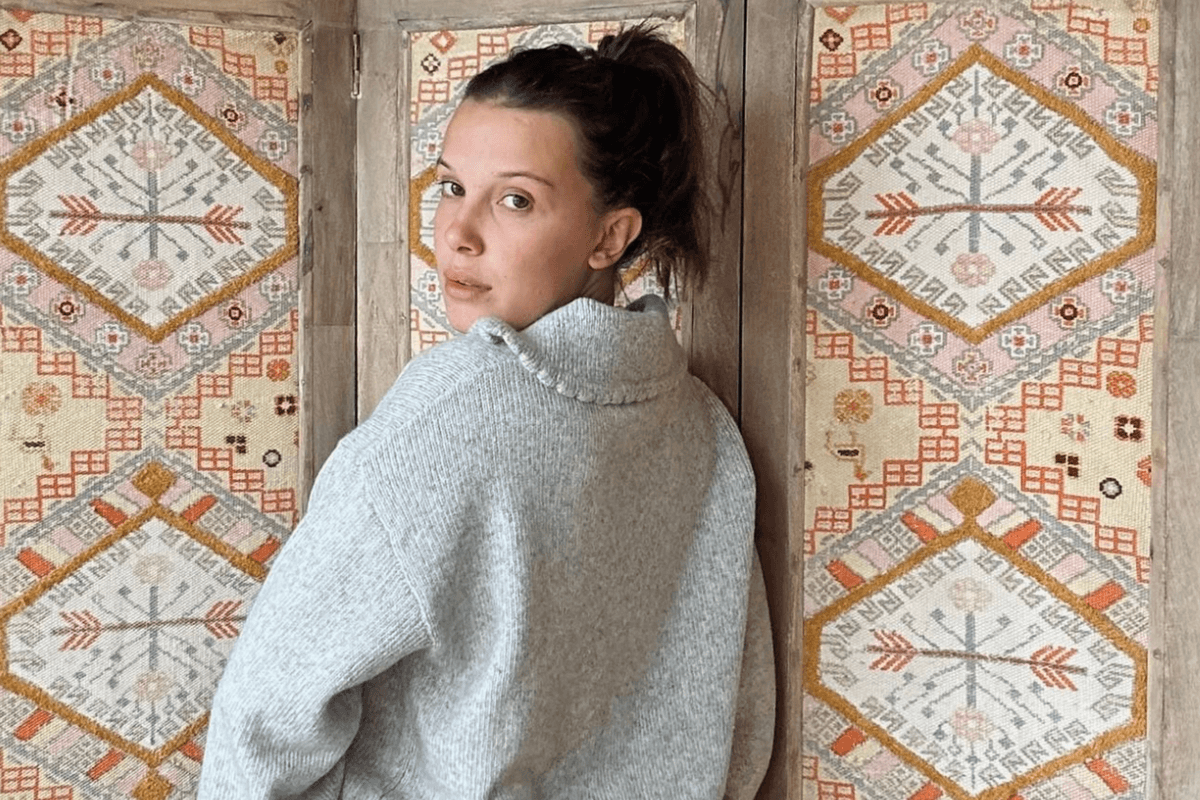A rise in Strep A infections has led to the death of nine children in England.
Meanwhile, the illness caused by Strep A, scarlet fever is also on the rise in Northern Ireland and parents have been warned to look out for key symptoms in their children.
The UK Health Security Agency (UKHSA) issued a rare alert about the illness.
Sign up to our free Indy100 weekly newsletter
What is going on?
Here's everything you need to know.
What is happening with Strep A and what has the UKHSA said?
Health officials confirmed on Monday that nine children have died from an illness caused by Strep A in rare cases called invasive group A streptococcal (iGAS) disease, including five under 10-year-olds in England and a girl from Wales since September.
No deaths have been confirmed in Scotland or Northern Ireland.
Public health officials said there was currently no evidence of a new strain was circulating. They said the rise in cases and deaths was most likely to be related to high amounts of circulating bacteria and increased social mixing.
The latest data shows there were 851 cases of scarlet fever reported in the week of 14-20 November, compared to an average of 186 for the preceding years.
Virologist Dr Chris Smith said the general rise in Strep A infections could be due to a drop in immunity following the pandemic.
He told BBC Breakfast: "There's something about the vulnerability of the population and particularly younger people.
"What has changed is that younger people have been through three years, almost, of relative isolation from each other.
"They haven't caught the normal infections at the normal rates and at the normal times that normal children of that sort of age bracket would have done.
"So, we wonder whether it is that we are seeing a big rash of cases all at once."
What are the symptoms of Strep A?
Symptoms include a sore throat, fever and minor skin infections. In rare cases, it can become a serious illness, with high fever, severe muscle aches, pain in one area of the body and unexplained vomiting or diarrhoea.
It can cause infections like the skin infections impetigo, strep throat and scarlet fever.
Speaking to BBC Radio 4's Today programme on Saturday, infectious diseases paediatrician Prof Kampmann described the symptoms. She said: "It starts off with a high fever, very sore throat and very red tongue, which has this sort of papillae - eventually developing a rash which feels a bit like sandpaper.
"The rash starts in the elbows and behind the neck. It tends to then peel after about ten days because the disease is caused by a toxin that is produced by this bacterium."
She added, "if your child is deteriorating in any way, you feel that they're not eating, drinking, being quite flat and lethargic you need to take them to the doctors and to get them checked out."
How is Strep A treated?
Mostly, people can be treated with antibiotics and make a full recovery.
Dr Nathalie MacDermott, lecturer at King's College London, said: "Prompt treatment of scarlet fever and Strep throat reduce the chances of a child developing invasive group A Strep and reduce the chances of the infection spreading to other children at school or household members."
How can the spread of the bacteria be limited?
Dr David Cromie, health protection consultant at the PHA, said it was not uncommon to see a rise in cases of scarlet fever at this time of year and urged the public: “To limit the spread of scarlet fever, it is also important to practise good hygiene by washing hands with warm water and soap, not sharing drinking glasses or utensils and covering the nose and mouth when coughing or sneezing.
“People should also stay away from nursery, school or work for 24 hours after taking the first dose of antibiotics.”
Have your say in our news democracy. Click the upvote icon at the top of the page to help raise this article through the indy100 rankings.














